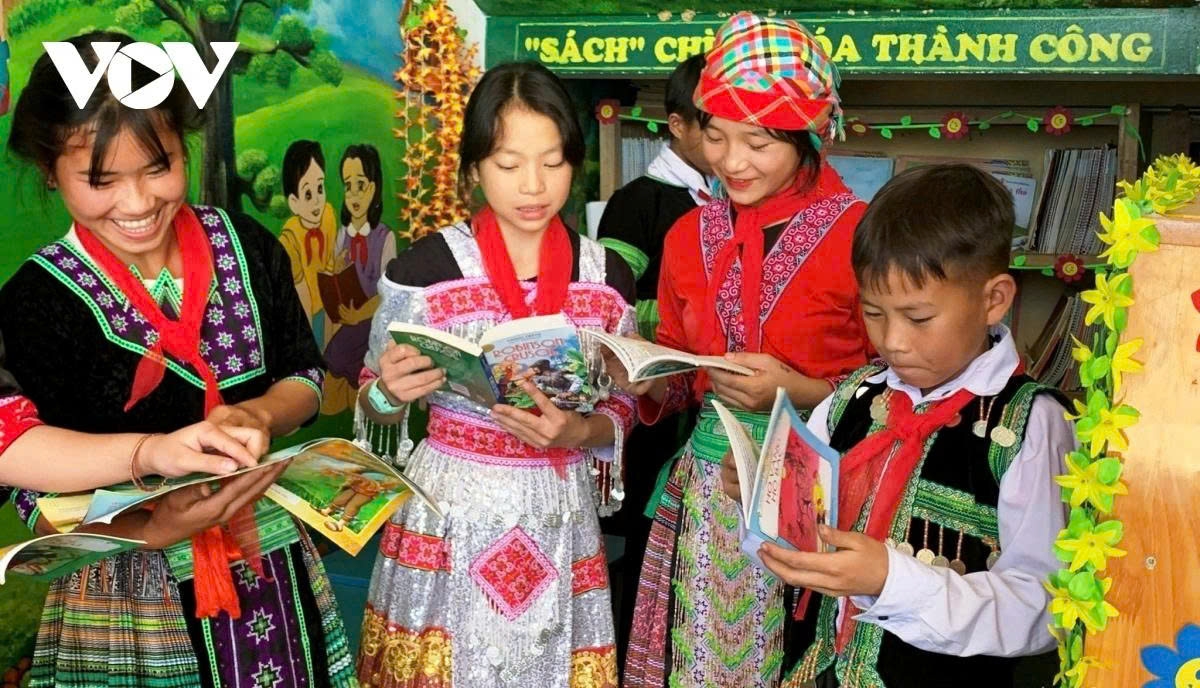Vietnam intensifies efforts to fulfill obligations under the ICCPR
VOV.VN - The International Covenant on Civil and Political Rights (ICCPR), adopted by the United Nations General Assembly in 1966 and effective since 1976, is one of the most important human rights treaties, with 174 member states, including Vietnam.

Vietnam joined the ICCPR in September 1982 and has since committed to fulfilling its obligations as a State Party. Recognising the significance of the Covenant, the country has made consistent efforts to fully implement it. Since 2014, the Ministry of Justice has been designated as the national focal point for ICCPR implementation, taking over from the Ministry of Foreign Affairs.
The Ministry of Justice has closely coordinated with other ministries and relevant agencies to prepare and submit Vietnam’s fourth periodic report on the implementation of the ICCPR (2019–2022) to the Human Rights Committee in March 2023. In December 2024, Vietnam also submitted its written replies to the List of Issues provided by the Committee in April 2024. both sides are preparing for their official dialogue slated for July 7–8, 2025 in Switzerland.
Vietnam is implementing a series of breakthrough reforms to usher the country into a new era of development. These include innovations in legislative processes and law enforcement, as well as continued efforts to build a socialist rule-of-law state "of the people, by the people, and for the people."
Expanding democracy and enabling greater public participation in state governance are increasingly emphasised to better guarantee and protect civil and political rights.
In line with its consistent policy of safeguarding and promoting human rights, particularly civil and political rights, the country has thoroughly studied and earnestly implemented the provisions of the ICCPR, along with recommendations made by the Human Rights Committee in 2019.
Institutional and legal reforms, enforcement of laws and policies on civil and political rights, and education to raise public awareness of these rights have all been increasingly strengthened and made more effective.
Notable achievements include amendments to the Penal Code that comprises the abolition of the death penalty for eight offences; the adoption of the Law on Justice for Minors; and revisions to the Law on Prevention and Combat of Human Trafficking. The implementation of the ICCPR is closely linked with its legal and judicial reforms, tailored to the country’s practical conditions and socio-economic development level.
Despite facing challenges, Vietnam pledges to allocate resources and take comprehensive measures to better safeguard civil and political rights for all, especially vulnerable groups, while enhancing resilience to social and climate-related changes.





